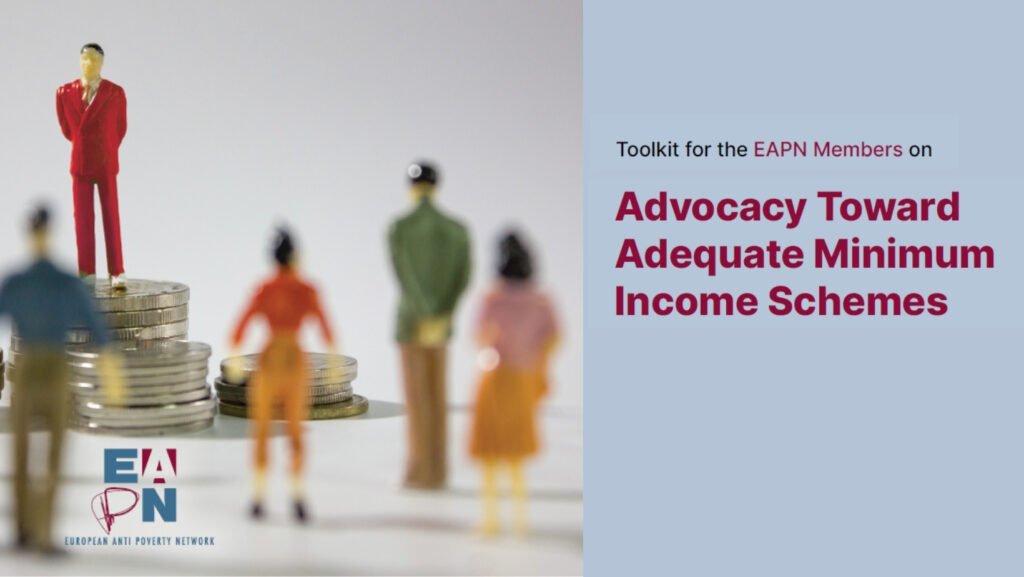
Over the last two years, national welfare states in Europe have been put under increasing pressure. The economic crisis generated by the pandemic led to a growing risk of poverty for people in vulnerable positions – such as those living in low-income households, women, single parents, migrants, youth, and racialised communities – as well as rising unemployment rates. According to Eurostat, in 2021, over one fifth of the entire EU population (95.4 million people) is at risk of poverty, severely materially deprived, or living in a household with a very low work intensity.
The current situation recalls the central role of social safety nets in coping with economic shocks. Today, all EU Member States (MS) have Minimum Income Schemes (MIS) in place, but they vary significantly across countries in terms of adequacy, accessibility and eligibility.
As part of the European Pillar of Social Rights (EPSR) Action Plan, the Council finally adopted the
Council Recommendation on Adequate Minimum Income ensuring active inclusion on December 8, 2022.
Although EAPN welcomes the adoption of the Council Recommendation as an important milestone toward adequate Minimum Income, it remains that only a Framework Directive would guarantee minimum standard of MIS across the EU, especially against national reforms to restrict access and conditions.
In this context, EAPN designed a toolkit to help its members and any organisation striving for social inclusion to advocate for better Minimum Income Scheme, using the implementation of the Council Recommendation on Adequate Minimum Income Schemes in the EU as a starting point.
This toolkit aims to provide members with brief, clear information about the content of the Council Recommendation, the processes, and the opportunities for engagement at EU and national
level. It also contains hints and examples of good practices, useful to build a strong and effective
advocacy strategy toward the implementation of the Council Recommendation on Adequate Minimum Income at the national level.
